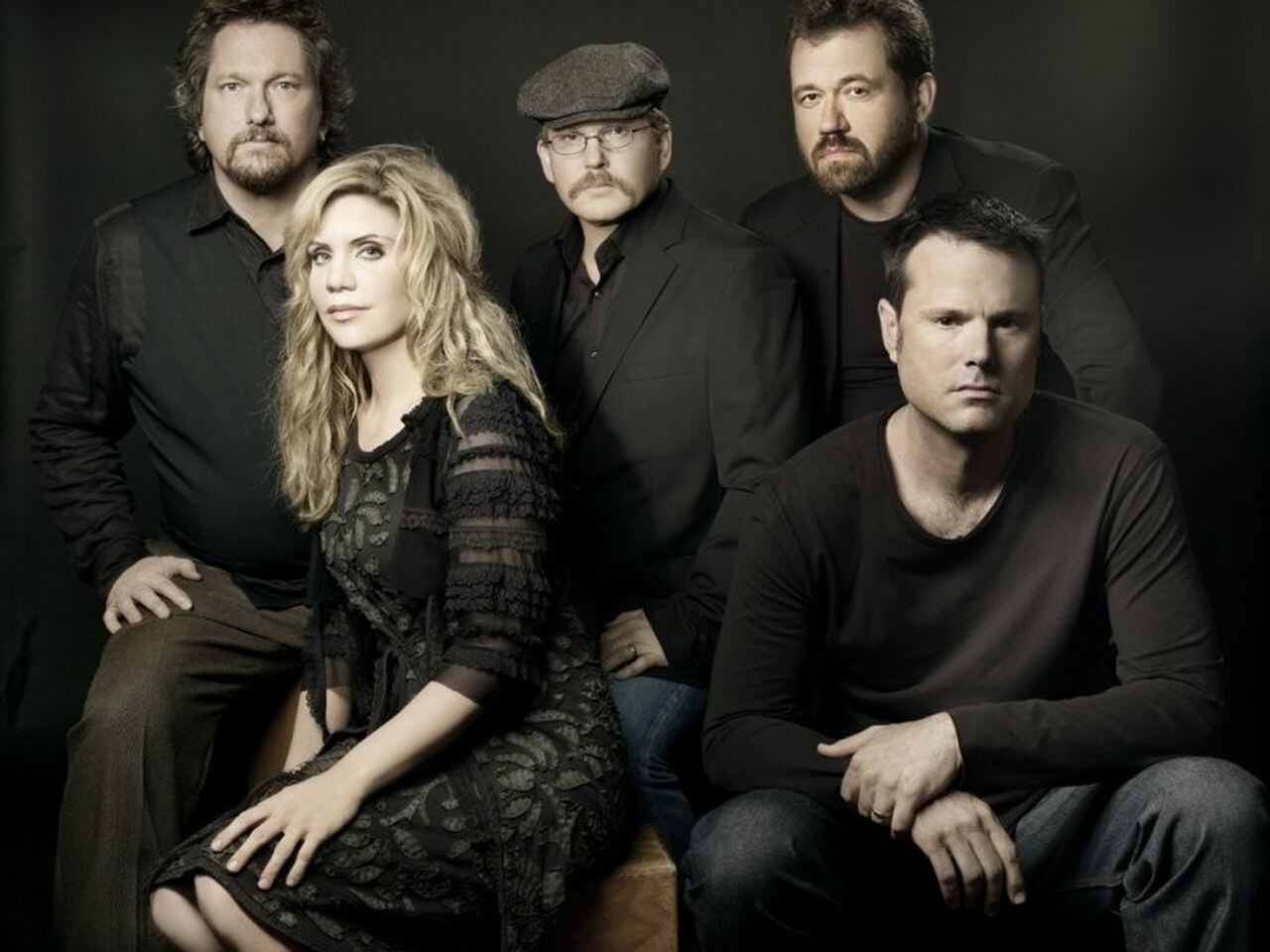Steeleye Span [1970] - All Things Are Quite Silent
All things are quite silent, each mortal at rest,
When me and my true love lay snug in one nest,
When a bold set of ruffians broke into our cave,
And they forced my dear jewel to plough the salt wave.
I begged hard for my darling as I would for my life.
But they'd not listen to me although a fond wife,
Saying: The king must have sailors, to the seas he must go,
And they left me lamenting in sorrow and woe.
Through green fields and meadows we of times have walked,
And the fond recollections together have talked,
Where the lark and the blackbird so sweetly did sing,
And the lovely thrushes' voices made the valleys to ring.
Now although I'm forsaken, I won't be cast down.
Who knows but my true love some day may return
And will make me amends for my trouble and strife,
And me and my true love might live happy for life.
Tim Hart – guitars, dulcimer, mandolin, vocals
Press gangs were a legal and much-used means of making up the numbers for British Naval crews during the 18th and early 19th century. It seems that even the marriage bed was no insurance against being pressed to sea. To maintain the crews inside the ‘wooden walls of England’ in the hellish conditions below decks, press-gangs forced men when there were no volunteers, and wives and sweethearts were left behind to mourn.
Appalling conditions on board ships of the “King's Navee” in the 18th and early 19th Centuries meant plenty of work for the men of the press-gangs. After having raised as many recruits as possible by posting patriotic bills in the market towns around the seaport, the captains of the ships of the line would send out press-gangs to search the courts, the streets and the inns. If these methods brought insufficient numbers, they would not stop short of dragging a man from his marriage bed.



